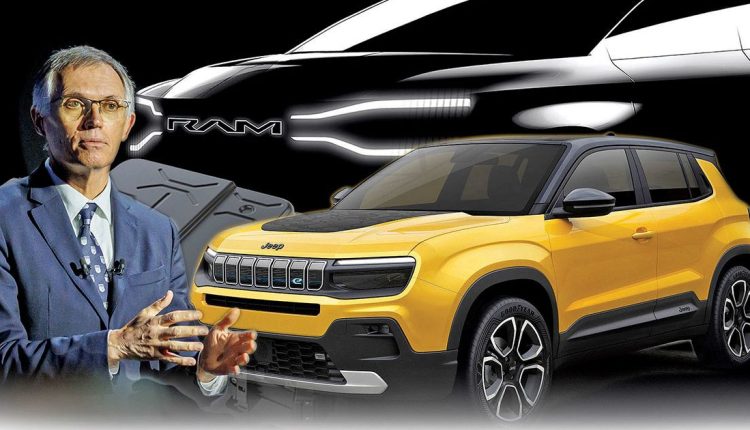While Stellantis invests tens of billions of dollars in electric vehicles and crafts robust strategies, Tavares warns that the automaker must make productivity gains in the coming years to offset the additional expenses that come with building EVs rather than conventional gasoline models.
Tavares says suppliers will have to absorb these extra costs as well — but insists they shouldn’t blame the automaker. The onus, he says, is on politicians who have goaded the industry to adopt EVs.
“It’s not because we are the bad cop,” Tavares told Automotive News. “It’s because we see the magnitude of the challenge.”Stellantis and its suppliers are in this EV journey together, Tavares contends, and the sooner they work cooperatively to find opportunities to reduce and absorb costs, the better. Stellantis already is aggressively pursuing ways to save money with new language in its North America terms for 2022, for instance, that directs suppliers to pass on any savings they achieve.
“They may not like the fact that we are too frank or too transparent,” he said, “but in a way, they should be expressing some gratitude for the fact that we are giving the wake-up call early enough for them to prepare for it.”
As suppliers decide whether they’ll agree to help carry the EV cost load, Tavares said it comes down to this question: Do they want “to fix the global warming issue” — or not?
To help the Earth, he said, automakers are going to have to sell a high volume of products with lower emissions, and keeping those vehicles priced within consumers’ budgets will be critical.
“If you don’t want to face this reality, then I cannot help you because I will have to find a solution for my company,” Tavares said. “It’s a very short loop between, ‘Are you sincere about bringing your fair share to fix the global warming issue?’ — which means find more ideas to reduce costs to protect affordability to the middle class so that impact on the planet is strong.”


